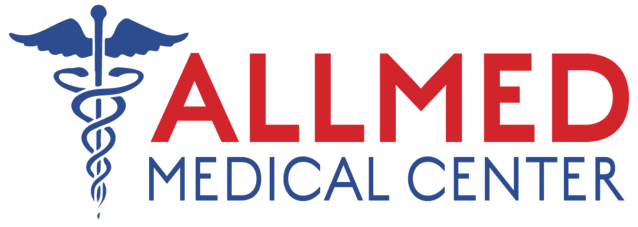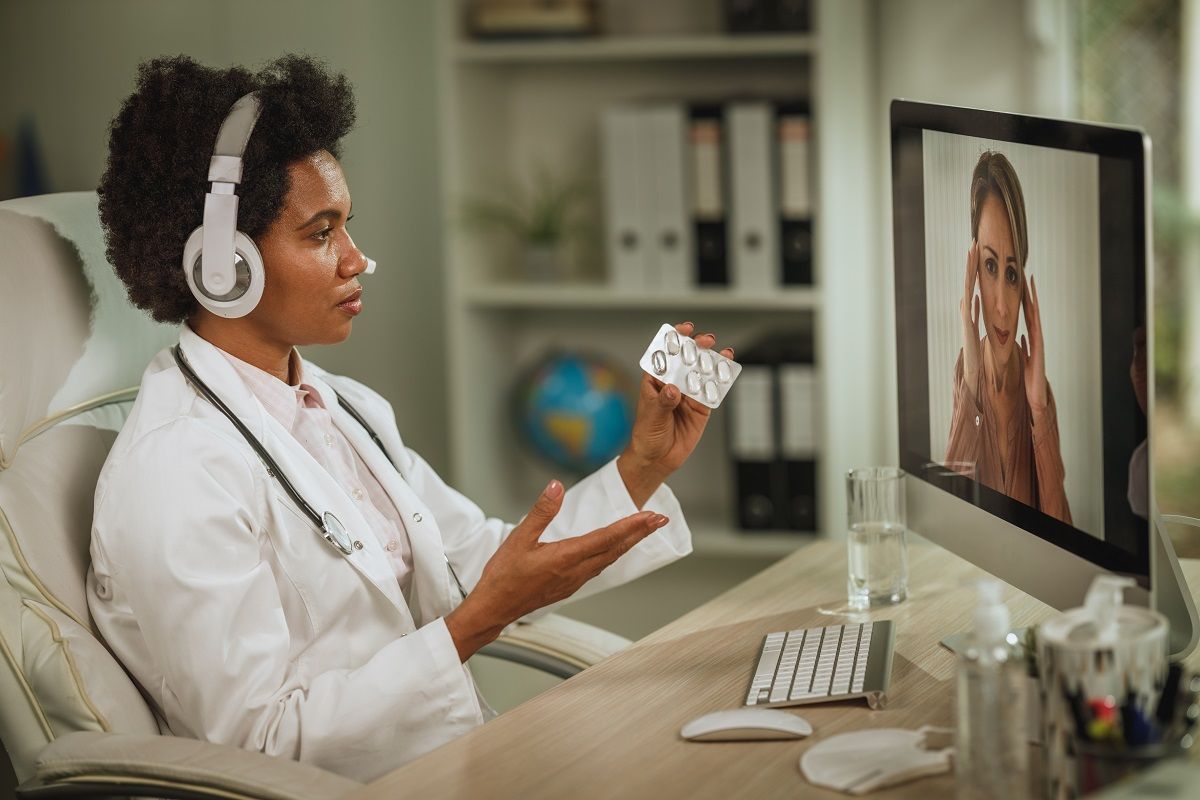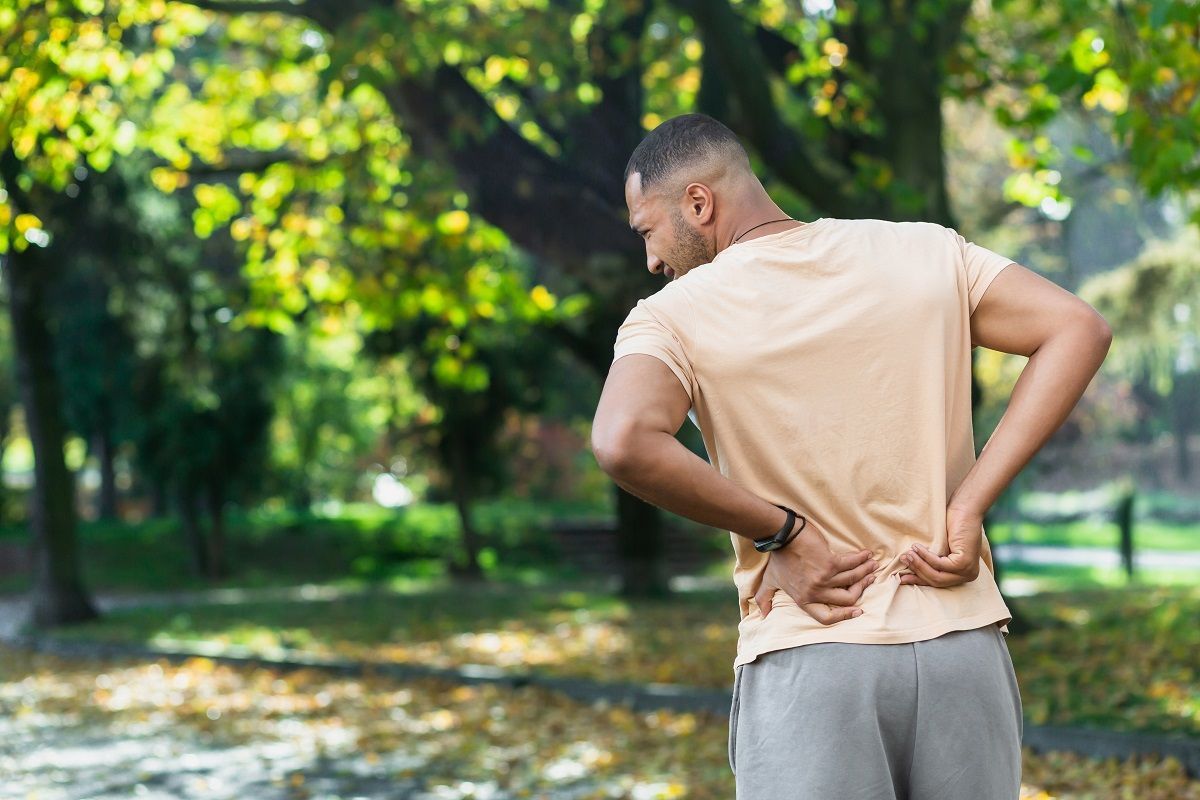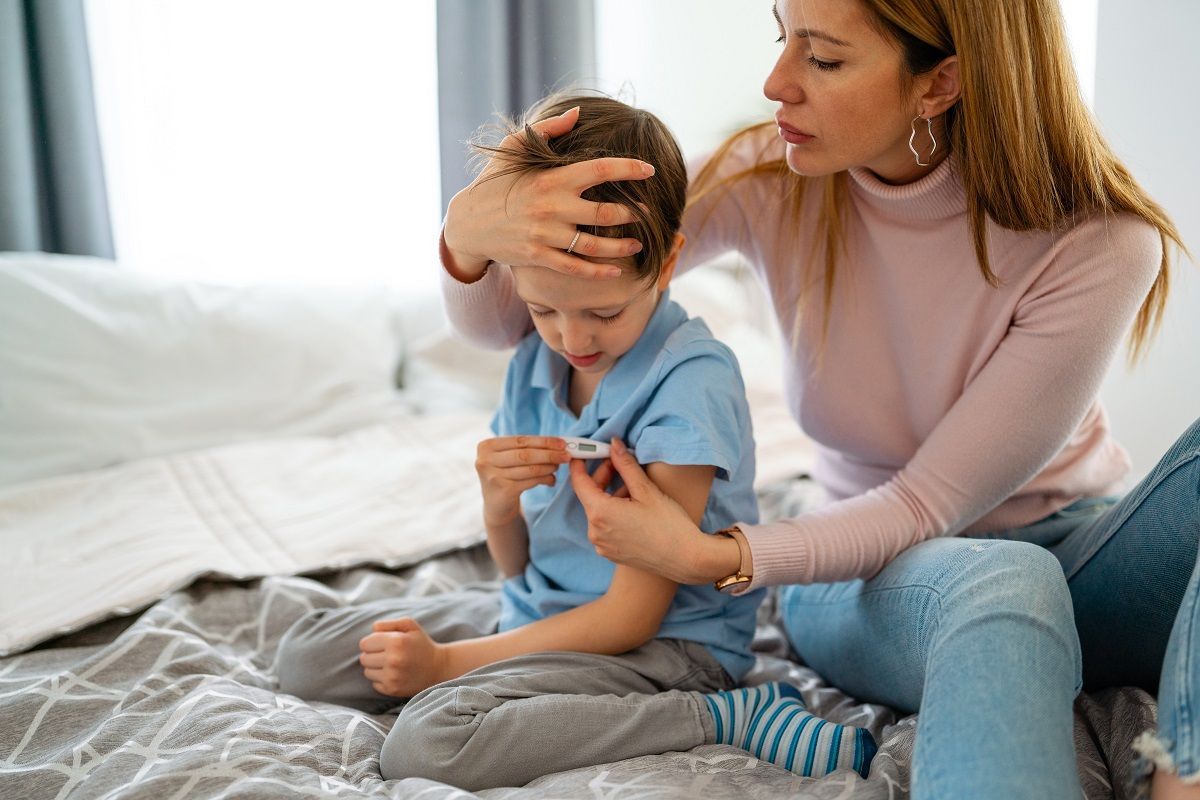
We Proudly Accept Medi-Cal and Medicare
Write your caption hereButton
Now Accepting Walk-ins!
Write your caption here

We Proudly Accept Medi-Cal and Medicare
Write your caption hereButton
Now Accepting Walk-ins!
Write your caption here
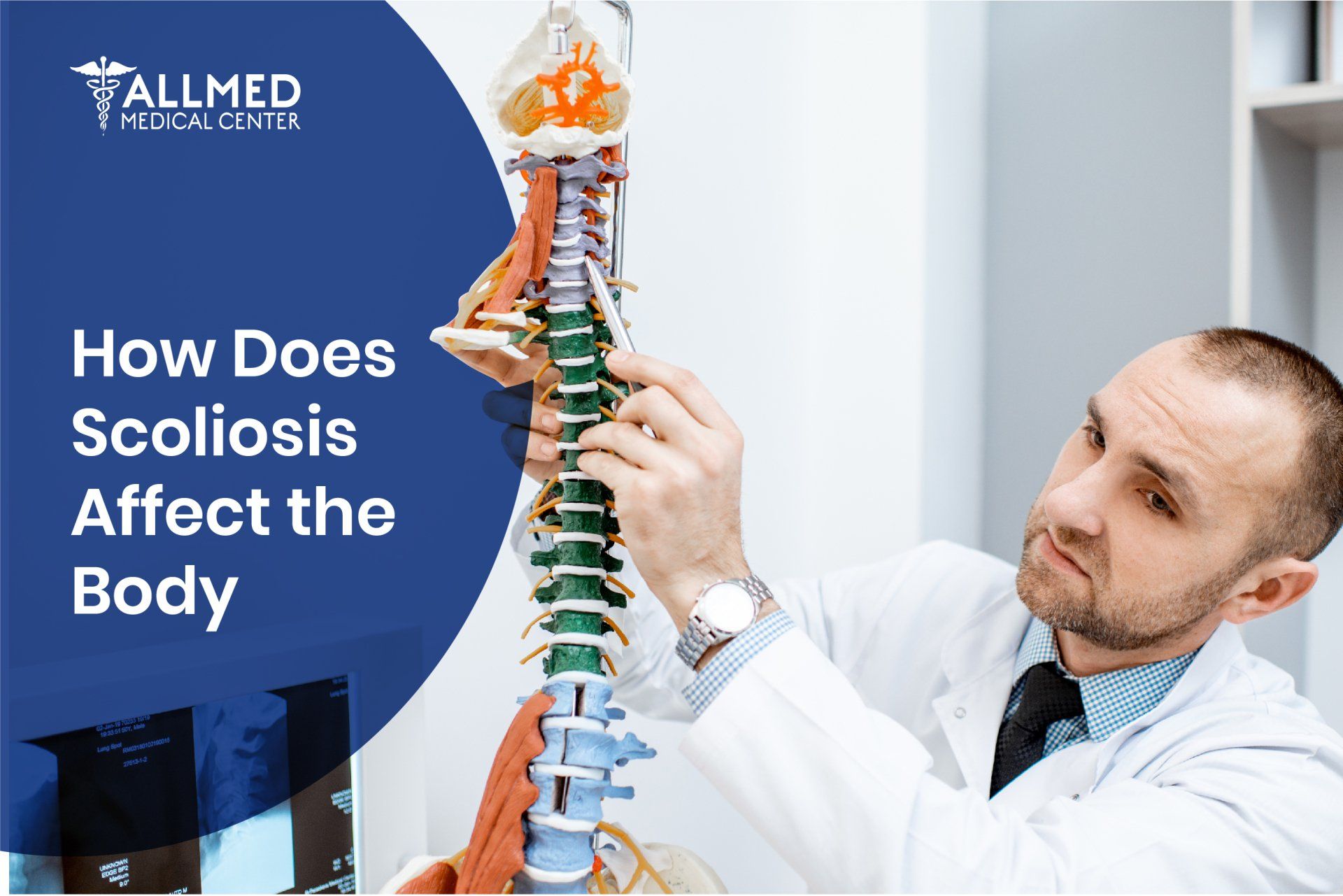
Scoliosis is a curvature of the spine which is often detected in teens. Most cases of scoliosis are mild. However, there are some cases in which scoliosis can be debilitating. A severe case of curvature of the spine can minimize the amount of space in the chest.
What is Scoliosis?
Scoliosis causes curvature of the spine that may look C- or S-shaped. The condition is more common in children or early teens. And girls are more likely to have scoliosis than boys.
Severity of Scoliosis
The severity of the condition varies from one patient to another. The severity is diagnosed through measurement taken during the X-ray, known as Cobb angle. The higher the result of the Cobb angle shows the seriousness of the condition. It can be mild, moderate, and severe.
- Mild scoliosis: The Cobb angle measurement is between 10 to 25 degrees.
- Moderate scoliosis: Cobb angle measurement is between 25 degrees and 40 degrees.
- Severe scoliosis: The measure of Cobb angle is above 40 degrees.
- Very-severe scoliosis: Cobb angle measurement is above 80 degrees.
Scoliosis and Body Organs
Initially, we thought that scoliosis only affects the posture of a person. However, more than the posture itself, scoliosis can also affect multiple areas of our body. The spinal cord carries a message from the brain to the body's peripheral nerves. These nerves are responsible for controlling muscles as well as the internal organs.
When the spine has abnormal curvature, the communication between the brain and body organs is impaired, thus resulting in health problems.
How Does Scoliosis Affect the Digestive System?
The digestive system comprises a group of organs that facilitate the body's ability to use the energy and nutrients from food. However, any condition affecting digestion affects the digestive system. Due to scoliosis, the curvature may lean to one side. The moderate or severe curve of the spine may result in stomach and organ compression and muscle contortion.
If scoliosis is left untreated, patients may experience digestive issues such as:
- Acid reflux
- Irritable bowel syndrome
- Constipation
- Heartburn
- Stomach cramps
Can Scoliosis Cause Nausea?
In some cases, scoliosis may lead to the compression of the stomach, which may cause a build-up of stomach acid. Too much stomach acid may lead to nausea.
How Does Scoliosis Affect the Posture?
Scoliosis affects the person differently, but the most noticeable change in moderate to severe cases is posture changes, especially if not treated immediately. As the spine loses the curves, the body will respond to wrong turns, and the changes may look:
- The head may not appear centered in the body
- Uneven hips and shoulders
- One arm may hang lower than the other
- One leg may appear longer than the other
- The waist may appear asymmetrical
Can Scoliosis Cause Headaches?
Unknown to many, scoliosis can cause headaches. Because of scoliosis, the flow of cerebrospinal fluid(CSF) is disrupted, thus resulting in reduced levels of CSF in the brain. Low levels of CSF would lead to severe headaches.
Scoliosis may also lead to tight neck muscles due to cervical curvature. Thus, people with scoliosis often complain of debilitating migraines that may appear as migraines.
Scoliosis and Lung Function
The function of the lungs is also affected by scoliosis. The more severe the condition, the more likely it will impair the lungs' ability. The person may have breathing problems with exercises when the activities need exertion. But in most severe cases, the person's ability to breathe may be affected even when resting.
Scoliosis and Sleeping Issues
From time to time, we may feel that it is hard to sleep due to several reasons. However, scoliosis can have a permanent effect on sleep. An abnormal spine curvature may bring discomfort, significantly impacting the person's ability to sleep well.
As mentioned above, scoliosis also affects the lung's ability. Thus, it also affects the person's ability to restful sleep.
Chronic Pain
The spine and brain work together to form the body's central nervous system. Scoliosis can bring pain and discomfort, although it is more felt in adults than teens. The chronic pain is often felt in the neck and back, radiating to the feet, legs, arms, and hips.
Scoliosis and Constipation
The spine is linked to almost every system of the body. When the spine is deformed, it has a significant impact on the functions of the digestive system. In severe cases, scoliosis can cause constipation.
Treatments of Scoliosis
Treatments for scoliosis may vary depending on the severity of the condition. Children with mild curvatures may not need treatment though they may require monitoring to see if the condition worsens.
A bracing or surgical procedure is part of the treatment for moderate to severe cases.
Braces
Braces are only recommended in children who have not yet reached skeletal maturity. If the child's curve is between 25 to 40 degrees, the doctor may recommend the child wear braces. Children should wear the brace for 16 to 23 hours every day.
Surgery
Surgical procedures for adults are recommended when the curvature is more than 50 degrees and if the patient suffers from nerve damage or has bladder and bowel problems.
Get Scoliosis Treatment at AllMed Medical Center
AllMed Medical Center has trained health care providers that can help manage and treat your scoliosis.
If you have been diagnosed with scoliosis, do not delay treatment, you may call us at
1-833-255-6332 today, and we will help you manage your condition.
AllMed Medical CentersServing
Greater Sacramento
Allmed Medical Center | All Rights Reserved.
